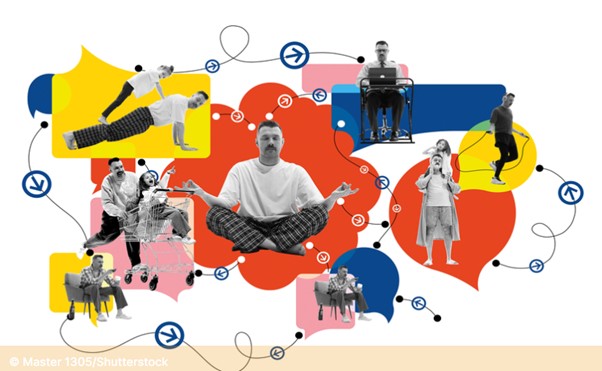The changes mean claimants will need to score a minimum of four points in at least one specific daily living activity to qualify for payments.
UK policy and public affairs manager at the Royal College of Occupational Therapists, Joseph Brunwin, said: ‘PIP is not just financial support - it helps people manage their health, stay independent, and engage in everyday life, including work.
‘We urge the Department for Work and Pensions to conduct a full, transparent review, focusing on how changes could affect people's ability to function and participate in daily life.'
A Unison survey has found three quarters (75%) of those in receipt of PIP said losing it would affect their ability to work.
Unison general secretary Christina McAnea said: ‘Stopping people from working won't grow the economy. If ministers really want to encourage more people back into jobs, they need to make sure work pays.
‘That means breaking down the barriers preventing disabled people from accessing work. And going after the employers paying poverty wages.'
A DWP spokesperson said: ‘The vast majority of people who are currently getting PIP will continue to receive it.
‘We are determined to create a welfare system that supports people into work and out of poverty - backed by £1bn to help sick or disabled people find good, secure jobs.
‘We will never compromise on protecting people who need our support, and our reforms will mean the social security system will always be there for those who will never be able to work.'
The Government has announced a review of the PIP assessment and said it will work with disabled people and key organisations representing them to consider how best to implement the policy.



